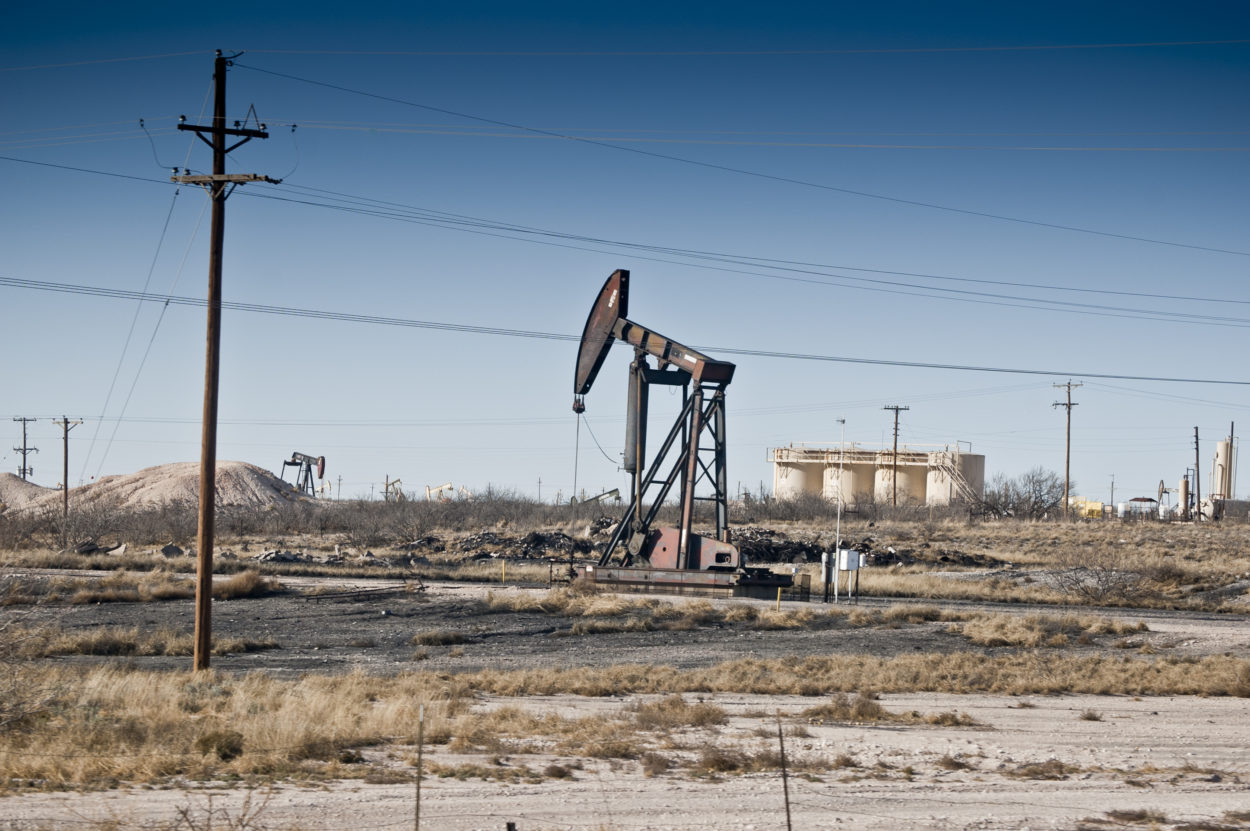
Three bills, if passed, by New Mexico’s legislators during their 2023 regular session will reform the almost 90-year-old New Mexico Oil and Gas Act.
The sole goal of the Act since its inception in 1935 has been to protect the state’s oil and gas resources for the benefit of the Land of Enchantment. The well being of New Mexico’s environment and the safety of its people have never been explicit components of the Act’s blanket protection. The proposed 2023 legislation changes this.
An article posted at RioGrandeSierraClub.com mentions that when the Oil and Gas Act was enacted the “…negative aspects of oil and gas development were not yet apparent.” The article continues, “Today, we know that oil and gas development is a major contributor to the climate crisis, creates serious health damages from air pollutants; and disproportionately harms frontline communities.”
According to SourceNM, the new legislation would restrict the issuance of permits and increase penalties for oil and gas companies that violate the law. The new legislation would also make “it easier for citizen groups to sue scofflaw operators.”
Only one of the three proposed bills is yet named – the Oil and Gas Justice and Reform Act. The other two, a “bad actor” bill and a “citizens’ suit” bill, remain unnamed.
Oil and Gas Justice and Reform Act
This new legislation would update the original Oil and Gas Act to expand the authority and duties of both the New Mexico Oil Conservation Commission (OCC) and the state’s Oil Conservation Division (OCD) “…to include protection of the environment, protection of public health, and meaningful involvement of all the public — especially communities of color, low-income communities, and tribal and indigenous communities who bear the brunt of oil and gas operations,” states the Rio Grande Sierra Club article.
The passage of the Justice and Reform Act would additionally change “bonding requirements for well site remediation” and remove “…penalty caps on companies found guilty of violating the Oil and Gas Act,” states the SourcesNM article. The bill also “…empowers the OCD to make new rules imposing setbacks when siting new wells near homes, schools and businesses.”
Further, the bill would change the eligibility requirements of the OCD director and the members of the OCC. The makeup of the OCC, which formulates the rules that regulate the New Mexico oil and gas industry, would be changed from three to five members. The commission’s two new members would be appointed by the legislature.
Bad Actor Bill
In 2021 the New Mexico legislature passed a “bad actor” bill that amended the state’s Air Quality Control Act. This year “bad actor” legislation would amend the age-old Oil and Gas Act. Under the new legislation operators would be faced with increased financial and insurance obligations to attain permits. Additionally, the OCC would be provided with eight different means of suspending or denying permits as an outgrowth of “poor performance history”.
The SourceNM article states, “Infractions include lying on permit applications; felony environmental crime convictions; price fixing, bribery or fraud convictions; operating oil or gas facilities without a permit; lack of compliance with rules, permits or orders under the Oil and Gas Act; having had a permit revoked for breaking environmental laws in any of the United States; an inability to prove adequate environmental insurance; or an inability to prove fiscal solvency.”
The national organization Earthworks that advocates for clean energy is instrumental in bringing this legislation forward in New Mexico. Its Senior Manager for State Legislative and Regulatory Affairs Andrew Forkes-Gudmundson is one of the “bad actor” bill’s authors. He is on record as saying about the responsibilities of the OCD that it is important “…to make sure that all of the relevant agencies permitting oil and gas have the same ability to review the compliance history of operators.”
Citizens’ Suit Bill
This legislation is patterned after the “…citizen suit provision of the federal Clean Air Act and would allow private groups to sue companies for oilfield violations — something normally left to state or federal agencies,” states SourceNM.
According to WildEarth Guardians Climate and Energy Program Director Jeremy Nichols, New Mexico has environmental laws and reporting requirements but does not have resources in place to prosecute violations. Forkes-Gudmundson echoes Nichols’ concerns. He is quoted in a Capital & Main article as saying, “In an entirely ideal world, OCD would have [the] capacity to rigorously enforce their own rules and they wouldn’t have to rely on … citizen supervision.” Understaffed OCD does not have such capacity. The new legislation would help citizens to assure the enforcement of New Mexico’s environmental laws and reporting requirements.
Whether or not any of the three proposed bills will be passed by the legislature and then passed onto the governor for signature into law is unknown. What is known is that voters have opinions in support or opposition of these proposals. Voicing opinions is important. Please contact your state representatives and senators with your points of view.


